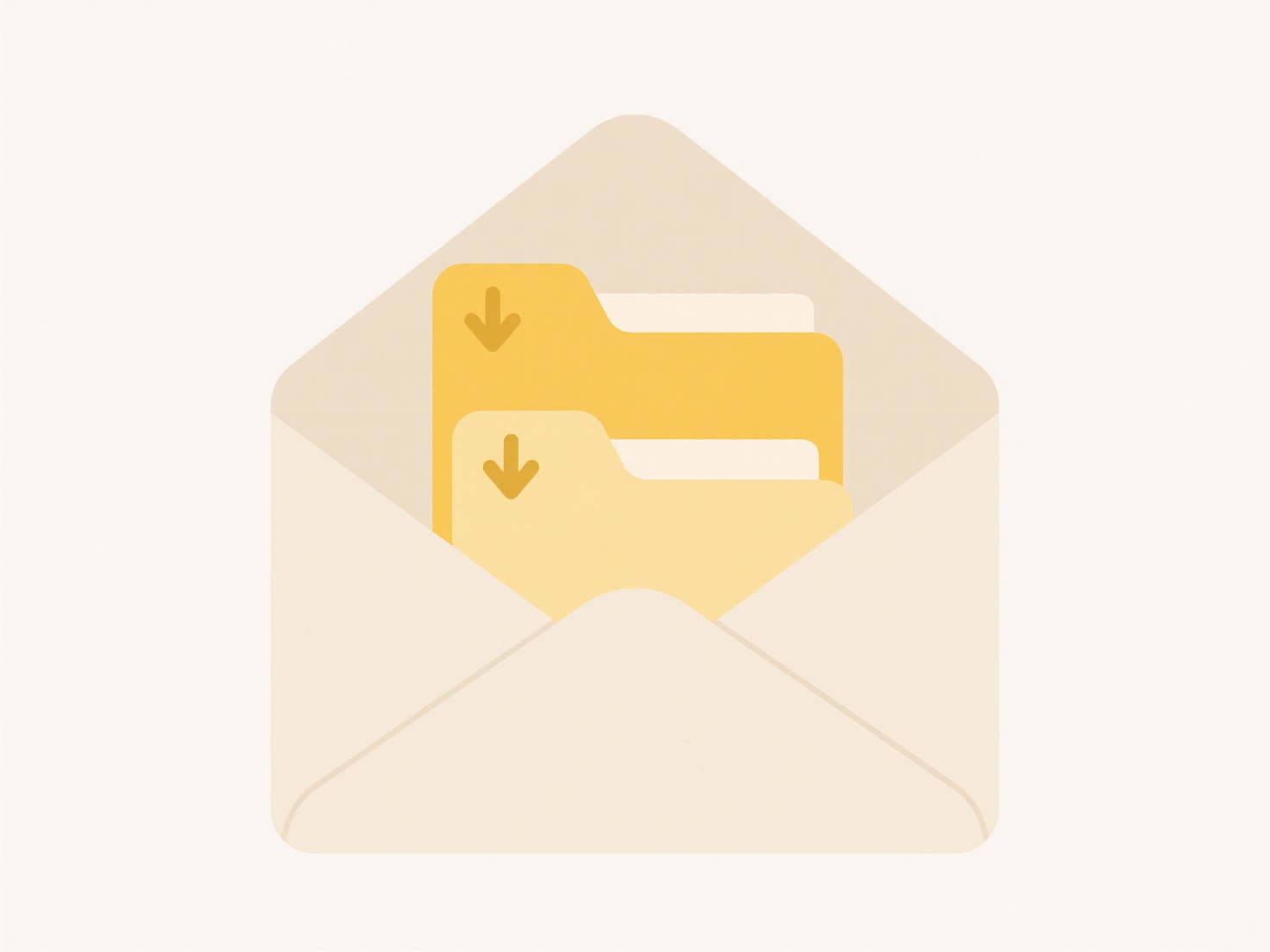
Mobile downloads refer to files saved on a mobile device from the internet or cloud storage services, such as music, videos, documents, apps, or offline maps. Managing them involves proactively organizing, monitoring, and controlling this locally stored data to ensure optimal device performance and user experience. This differs from simply streaming content, as downloaded files persist on the device and consume storage space, necessitating regular oversight to prevent clutter and performance issues. Effective management means using built-in tools or apps to track, delete, or move files efficiently.
Common scenarios include managing downloads for entertainment, like retaining podcast episodes in apps such as Spotify for offline listening during commutes, or work needs, like downloading large presentation files from cloud storage platforms such as Google Drive or Microsoft OneDrive to ensure access without an internet connection. Email apps also handle attachments downloaded to local storage for viewing or editing. These everyday uses necessitate tools provided by the device's OS (like Settings > Storage) or dedicated file manager apps.

Proactive download management conserves valuable storage space, prevents device slowdowns, and extends battery life by reducing unnecessary background activity. Limitations include user effort required for regular maintenance and device storage caps. Security is a consideration, as downloaded files could potentially contain malware. Future developments may involve smarter, AI-driven automatic management tools that optimize storage use seamlessly. Balancing convenience with storage constraints remains key for efficient mobile usage.
What’s the best way to manage mobile downloads?
Mobile downloads refer to files saved on a mobile device from the internet or cloud storage services, such as music, videos, documents, apps, or offline maps. Managing them involves proactively organizing, monitoring, and controlling this locally stored data to ensure optimal device performance and user experience. This differs from simply streaming content, as downloaded files persist on the device and consume storage space, necessitating regular oversight to prevent clutter and performance issues. Effective management means using built-in tools or apps to track, delete, or move files efficiently.
Common scenarios include managing downloads for entertainment, like retaining podcast episodes in apps such as Spotify for offline listening during commutes, or work needs, like downloading large presentation files from cloud storage platforms such as Google Drive or Microsoft OneDrive to ensure access without an internet connection. Email apps also handle attachments downloaded to local storage for viewing or editing. These everyday uses necessitate tools provided by the device's OS (like Settings > Storage) or dedicated file manager apps.

Proactive download management conserves valuable storage space, prevents device slowdowns, and extends battery life by reducing unnecessary background activity. Limitations include user effort required for regular maintenance and device storage caps. Security is a consideration, as downloaded files could potentially contain malware. Future developments may involve smarter, AI-driven automatic management tools that optimize storage use seamlessly. Balancing convenience with storage constraints remains key for efficient mobile usage.
Quick Article Links
How do I rename by document title automatically?
Automatically renaming document titles involves using software or scripts to change a file's name without manual effort....
How do I export files from Microsoft Teams or Slack?
Exporting files from Microsoft Teams or Slack refers to the process of downloading copies of documents, images, or other...
Can I apply document classifications in the cloud?
Document classification, the process of organizing documents into categories based on their content, can indeed be appli...